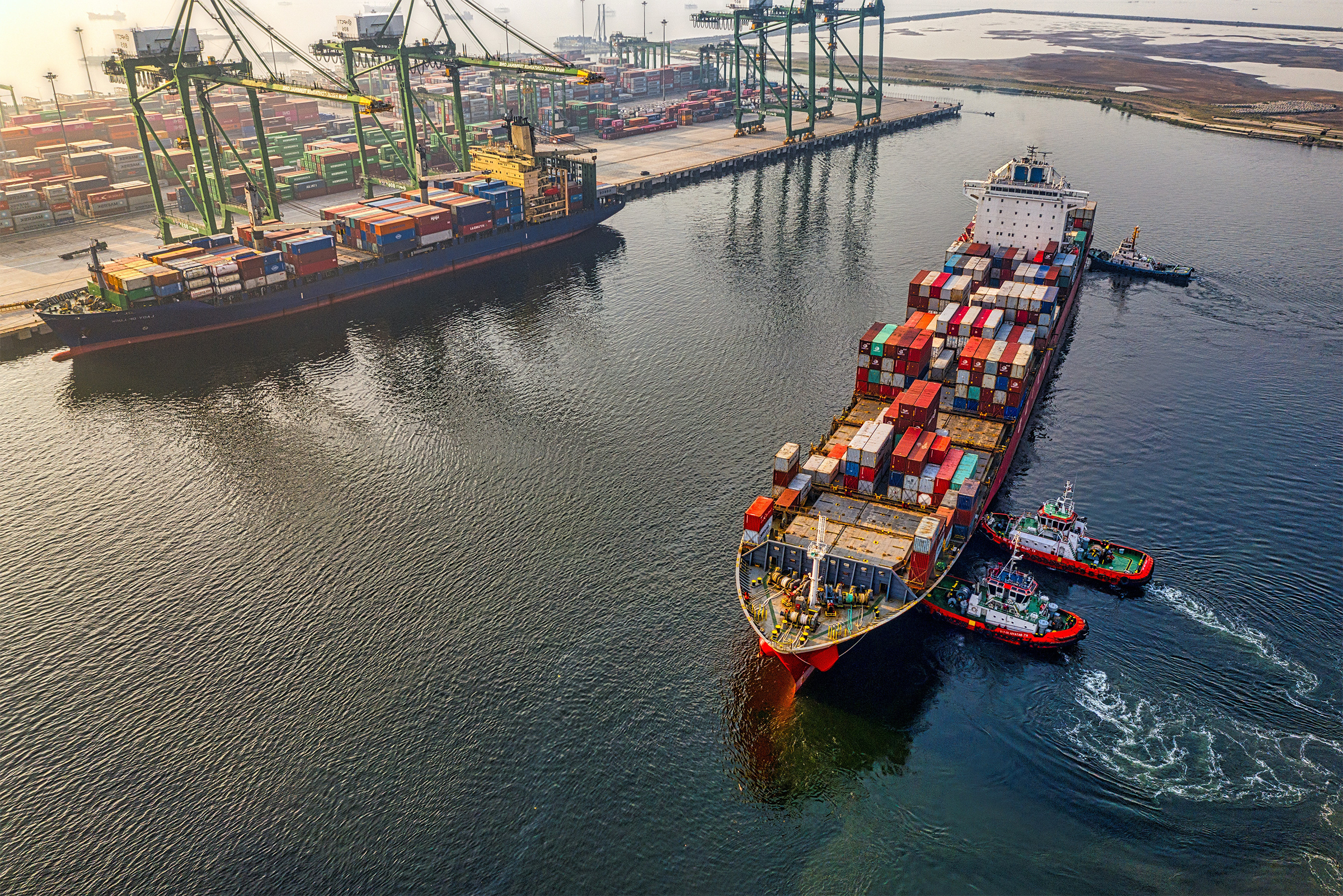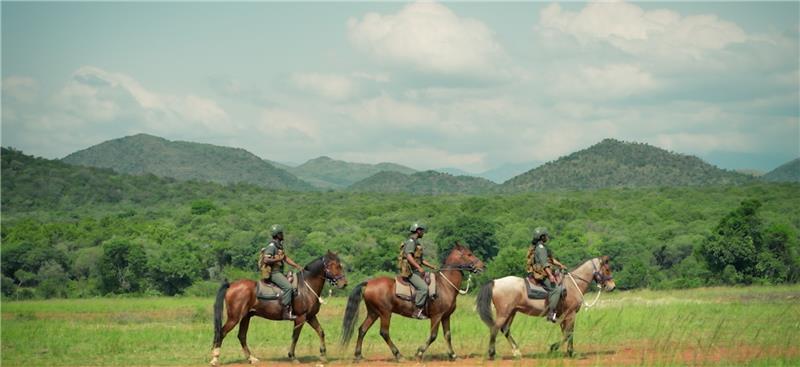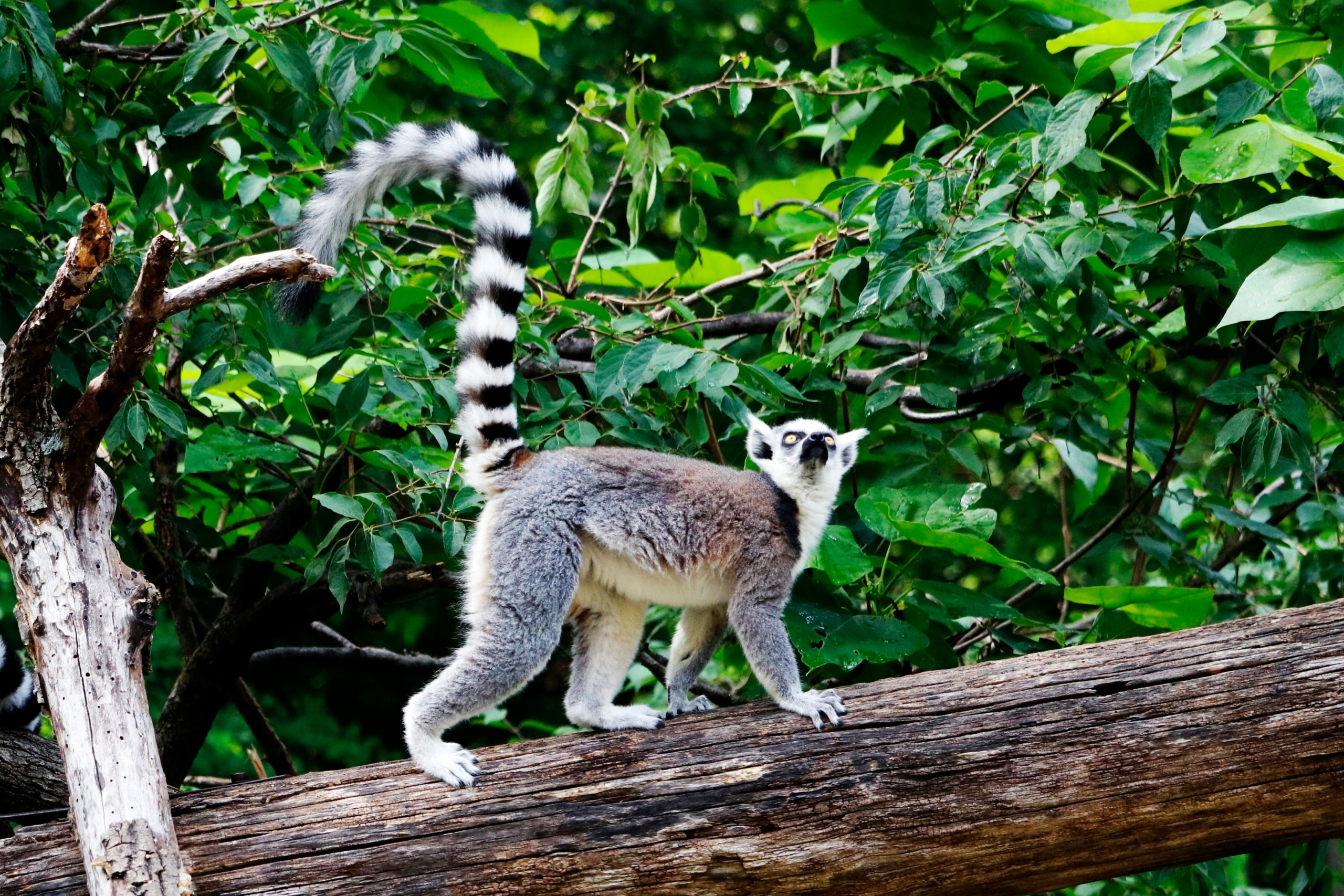
Earlier this month, the 46th meeting of the Facilitation Committee of the International Maritime Organization adopted new ‘Guidelines for the Prevention and Suppression of the Smuggling of Wildlife on Ships Engaged in International Maritime Traffic’.
Spearheaded by the International Maritime Organisation and supported by shipping industry members from the United for Wildlife Transport Taskforce, these organisations highlighted the need for stringent guidelines to be put in place to help combat wildlife trafficking within the industry. By scoping requirements and recommendations, and working with partners like WWF and TRAFFIC, the United for Wildlife Members were instrumental in the creation, and support of these guidelines.
Wildlife trafficking is a growing concern globally, threatening not only biodiversity but also ecosystems vital for climate change mitigation, domestic and international economies, and potentially human health. Organised criminal groups are increasingly taking part in this illegal activity which is still considered “low risk – high reward”. Smugglers exploit the weaknesses in supply chains to illegally transport endangered species, including live animals, animal products, plants and timber. With 90% of the world trade being seaborne and an estimated 72-90% of illicit wildlife volumes being trafficked through maritime transport, the sector holds a responsibility to engage against this transnational organised crime.
The Guidelines highlight measures and procedures to aid shipping companies, port operators and government agencies in combating wildlife trafficking within the industry. The document provides information on the nature and context of maritime smuggling of wildlife. It includes measures to prevent, detect and report wildlife trafficking within the maritime sector, with an emphasis on due diligence, responsibility-sharing and cooperation between all stakeholders along the supply chains.
This ground-breaking new endorsement by the United Nations’ specialised agency sends a strong message on the growing international engagement against the illegal wildlife trade and its impacts on global biodiversity, directly threatening the survival of many species in the wild.





